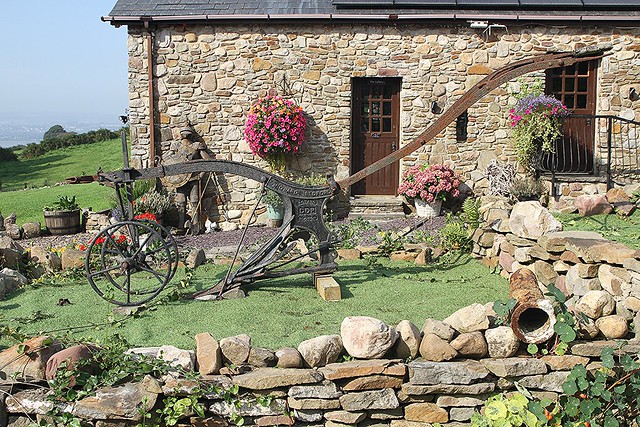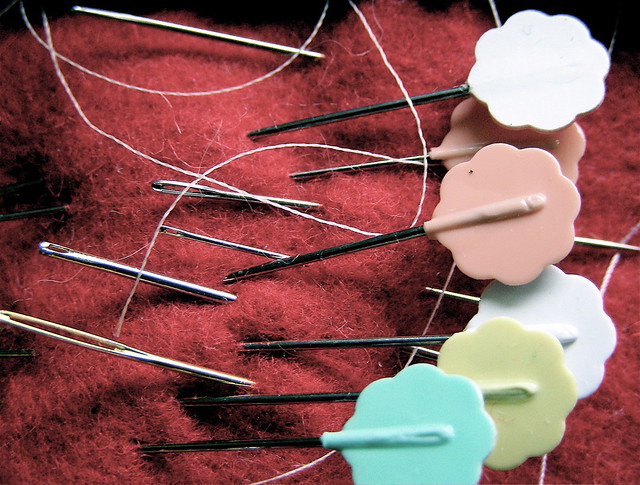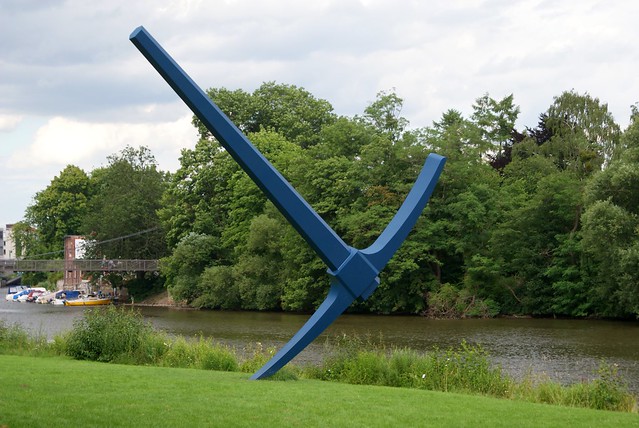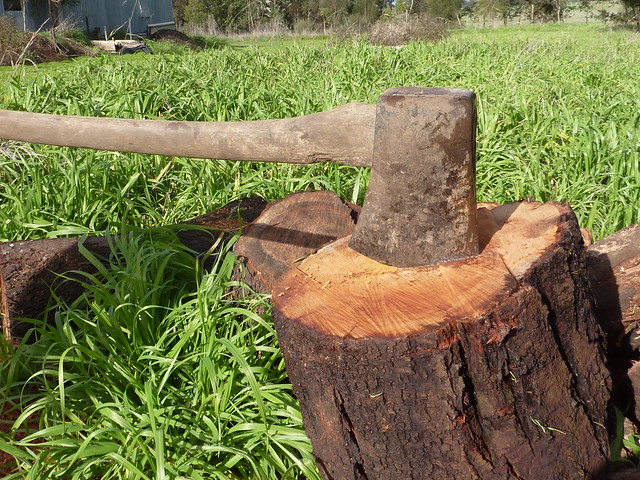Words for axle, axis and related things in Celtic languages.
Words marked with a * are reconstructions.
| Proto-Celtic | *akslā, *aksilā, *axsilā = axis |
|---|---|
| Old Irish (Goídelc) | ais = back, hinder part |
| Middle Irish (Gaoidhealg) | ais = back, hinder part |
| Irish (Gaeilge) | ais [aʃ/æʃ/ɛʃ] = back |
| Scottish Gaelic (Gàidhlig) | aiseal [aʃəl̪ˠ] = axle(-tree), axis |
| Manx (Gaelg) | essyl = axle, axis |
| Proto-Brythonic | *axl, *ėxɨl = axle, axis (?) |
| Middle Welsh (Kymraec) | echel, achel = axle-tree, axle, axis, pivot |
| Welsh (Cymraeg) | echel [ˈɛχɛl/ˈeːχɛl] = axle-tree, axle, axis, pivot echelu = to furnish with an axle, place on an axle echelbin = linch-pin echelin = axis, axial, axile |
| Cornish (Kernewek) | aghel = axle |
| Middle Breton (Brezonec) | ahel, aël = axle |
| Breton (Brezhoneg) | ahel [ˈɑ(h)ː.ɛl] = axle ahelan = to centre sth on, to pin (together) ahelek = axial |
Etymology: from Proto-Celtic *axsi- (back), from Proto-Indo-European *h₂eḱs- (axis), possibly from *h₂eǵ- (to drive) [source]. Words from the same PIE roots include: axis and axle in English, as (axis) in Dutch, Achse (axis, axle) in German, ais (board, plank) in French, and eje (axis, axle, shaft, spindle, core, heart, hub) in Spanish [source].
| Proto-Celtic | *u̯ert-iti-, *u̯er-t- = to turn |
|---|---|
| Old Irish (Goídelc) | fertas = axle, spindle, shaft, rung, ridge, bank |
| Middle Irish (Gaoidhealg) | fertas, fersat = shaft, spoke, axle, shaft, axletree, swingletree |
| Irish (Gaeilge) | fearsaid [ˈfʲaɾˠsˠədʲ] = spindle, shaft, axle(-tree), passage, piece of poetry, verse, ditty fearsaideach = shafted, spindly |
| Scottish Gaelic (Gàidhlig) | fearsad, feairisid [fjar̪ˠsəd, fɛr̪ʃɪdʲ] = spindle, shaft, axle, rung, spoke, track, rut, sandbar, ripple mark (in sand at low tide) |
| Manx (Gaelg) | fess = spindle |
| Proto-Brythonic | *axl, *ėxɨl = axle, axis (?) |
| Middle Welsh (Kymraec) | guerthyt, gwerthyt = spindle, axle, shaft |
| Welsh (Cymraeg) | gwerthyd = spindle, axle, shaft, rung, stave gwerthydu = to furnish with a spindle or axle, to fashion like a spindle gwerthydaid = spindleful of yarn gwerthydwr = spindle-maker |
| Old Cornish | gurhthit = spindle |
| Middle Cornish (Cernewec) | gurthid, gurhthit, gurthyd = spindle |
| Cornish (Kernewek) | gwerthys = bobbin, cage, spindle |
| Old Breton (Brethonoc) | guirtit, guirtitou = spindle, axis |
| Middle Breton (Brezonec) | guerzit = spindle, axis |
| Breton (Brezhoneg) | gwerzhid [ˈɡwɛrzit] = spindle, axis |
Etymology: possibly from Proto-Indo-European *wértti (to be turning around), from *wert- (to turn, rotate) [source]. Words from the same PIE roots include: verse, version, versus, vertebra, vertical, vortex, wierd and worth in English, worden (to become, get, grow, turn) in Dutch, and werden (will, be going to) in German [source].
| Proto-Celtic | *molos = grinder |
|---|---|
| Old Irish (Goídelc) | mol = axle (for a mill-wheel), shaft |
| Middle Irish (Gaoidhealg) | mol, moil, muil = axle, shaft (of a mill-wheel) |
| Irish (Gaeilge) | mol [mˠɔl̪ˠ / mˠʌlˠ] = hub, shaft, pivot, nave, Pole, top, crown Mol Thuaid = North Pole Mol Theas = South Pole |
| Scottish Gaelic (Gàidhlig) | mul [mul̪ˠ] = axis, axle-tree |
| Manx (Gaelg) | moll = nave |
Etymology: from Proto-Indo-European *molh₂ós, from *melh₂- (to grind, crush) [source]. Words from the same PIE roots include: Mjollnir (Thor’s hammer), mallet, meal, mill, millet, molar, and mull in English, Mühle (mill, grinder) in German, milho (maize, corncob) in Portuguese, and mijo (millet) in Spanish [source].
Sources: Wiktionary, Etymological Dictionary Of Proto Celtic, In Dúil Bélrai English – Old Irish glossary, eDIL – Electronic Dictionary of the Irish Language, Teanglann.ie, Am Faclair Beag, An etymological dictionary of the Gaelic language, Fockleyreen: Manx – English Dictionary, Online Manx Dictionary, Gaelg Corpus, Geiriadur Prifysgol Cymru, Lexicon cornu-britannicum : a dictionary of the ancient Celtic language of Cornwall, Gerlyver Kernewek, Devri : Le dictionaire diachronique du breton, Dictionnaires bilingues de Francis Favereau / Edition Skol Vreizh, TermOfis















